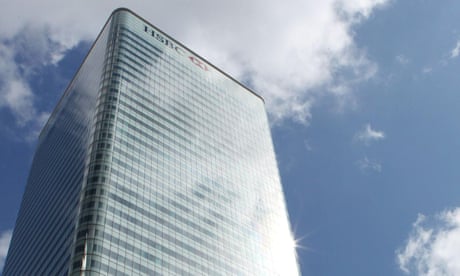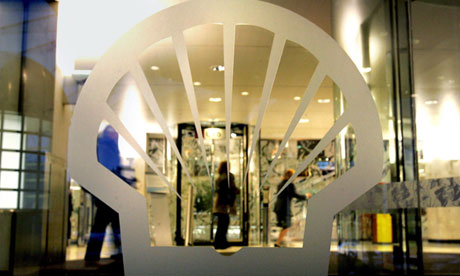Government interventions to correct market failures can sometimes lead to government failure, where the intended policy objectives are not achieved or result in unintended negative consequences. Here are some common causes of government failure when intervening in markets:
- Information Asymmetry: Government policymakers may lack complete information about the complexities of the market or fail to accurately predict the future consequences of their interventions. This information asymmetry can lead to poorly designed policies that do not effectively address the market failure.
Example: If the government implements a subsidy program to encourage the adoption of a new renewable energy technology without fully understanding the long-term costs and benefits, it could result in inefficient allocation of resources and unintended financial burdens.
- Regulatory Capture: Sometimes, the regulatory agencies responsible for overseeing market interventions may become subject to regulatory capture, where they develop a close relationship with the industries they are supposed to regulate. This can lead to policies that favor the interests of powerful industry players rather than promoting the public good.
Example: In the financial sector, regulatory capture may occur if regulators develop cozy relationships with banks and financial institutions, leading to weak oversight and inadequate regulation of risky financial practices.
- Political Interests and Lobbying: Government interventions can be influenced by political interests and lobbying efforts from various stakeholders. This can result in policies that cater to the interests of specific groups rather than addressing the market failure in a fair and equitable manner.
Example: If a powerful agricultural lobby influences the government's agricultural subsidy policies, the subsidies may disproportionately benefit large agribusinesses rather than smaller family farms.
- Unintended Consequences: Government interventions can have unintended consequences that undermine the original objectives. Policies that may appear beneficial in theory can lead to negative outcomes in practice.
Example: Rent control laws intended to make housing more affordable may reduce the incentive for landlords to maintain their properties, leading to a decline in the quality and availability of rental housing.
- Administrative Inefficiencies: Government programs can suffer from administrative inefficiencies, including bureaucratic red tape and delays in implementation. This can hinder the effectiveness of the intervention and result in resource misallocation.
Example: If a government program aimed at providing financial assistance to small businesses involves complex application procedures and lengthy approval processes, it may fail to reach those in need of assistance promptly.
- Budget Constraints: Government interventions often require substantial funding. If resources are limited or misallocated, the effectiveness of the intervention may be compromised.
Example: A government-sponsored job training program may have limited success if the budget is insufficient to cover the costs of adequate training and support services for participants.
Conclusion:
Government interventions to correct market failures are essential, but they can lead to government failure if not carefully designed and implemented. Policymakers need to consider the potential causes of government failure, assess the risks, and continually evaluate the effectiveness of their interventions. Transparency, accountability, and evidence-based decision-making are critical to minimizing the risks of government failure and ensuring that interventions achieve their intended objectives without creating unintended negative consequences.





